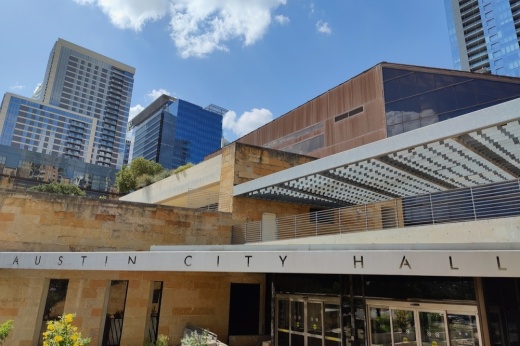What's happening
Under Texas law, cities typically can't increase their property tax collections by more than 3.5% year over year. However, local governments do have the ability to go beyond that limit if they earn voter approval to increase taxes beyond that limit, up to an 8% annual revenue jump.
Austin hasn't yet used a TRE for general budgeting purposes since the 3.5% cap was imposed by state leaders in 2019. But with projected budget shortfalls and the loss of some federal funding, officials are preparing for the likelihood that more funding will be needed to maintain services and address local priorities like homelessness response.
The approach
After recent review by members of City Council's finance committee, officials on May 22 approved a new blueprint to be used before calling a TRE. Mayor Kirk Watson said the outline was created to ensure any possible tax increases are justified and clearly outlined to residents in advance.
“If we’re going to have a TRE, we are going to want to be able to tell the public we have followed the process, we’re going to want to be able to tell the public it was a detailed process," he said. "Frankly, the flip side of that coin is true as well. In a city that is growing the way we are with as many needs as we have, if we decide we’re not going to do such a thing, we’re going to want to be able to say, ‘It’s because we followed a specific process and we’re paying close attention.’”

What's next
Council members haven't approved a TRE for 2025 yet, but have previously signaled it's likely that a taxing proposition will appear on the ballot this November. A final decision on a TRE this year would be made during upcoming budget deliberations this summer.





